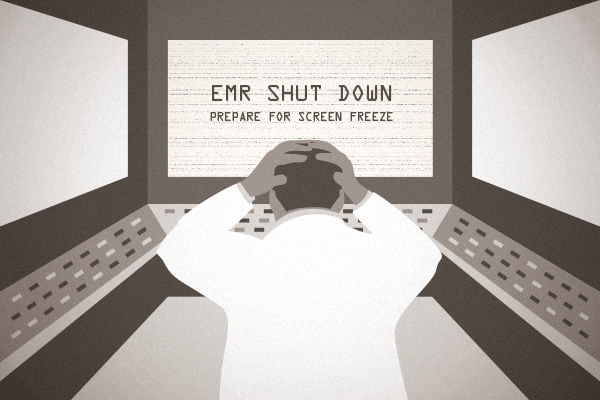Healthcare Technology Online followed up on a poll conducted by Black Book Rankings. Looks like many providers are leaving their current EMR systems for web-based alternatives. That’s not much of a surprise, though. It only takes a mild reading of the social web’s pulse to know docs’ sentiments range from frustrated to complacent with regards to available software.
According to Healthcare Technology Online, “Healthcare providers have never had a ‘romantic’ relationship with EHRs. On the contrary, many physicians despise the technology. However, the HITECH Act and Meaningful Use (MU) incentives did create an environment of unprecedented EHR demand among the provider community. This initiative achieved the desired result of increasing EHR adoption, but it also created an artificial market for dozens of immature EHR products.”
READ MORE ABOUT THE BLACK BOOK RANKINGS POLL
Here are some noteworthy numbers that were extracted from the study: Read more

